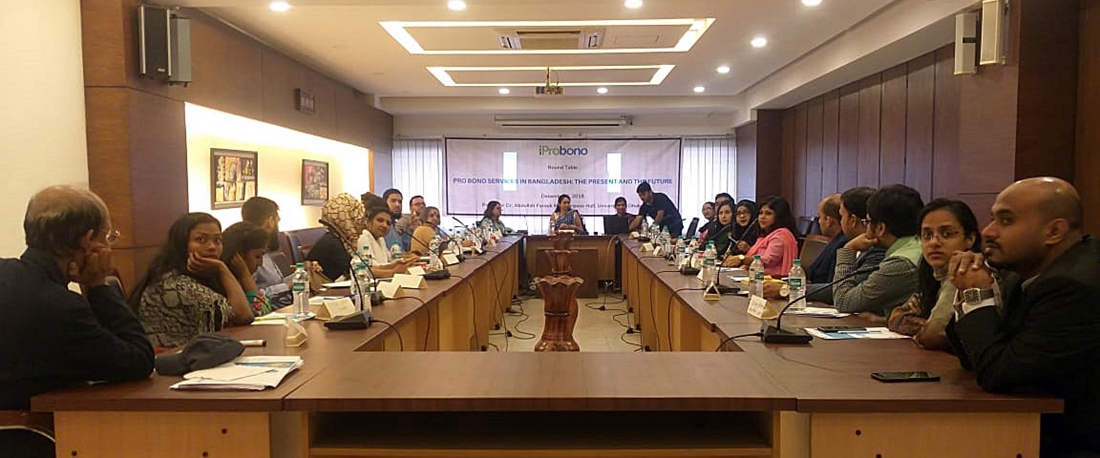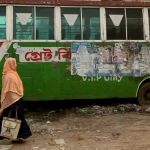iProbono, with support from local lawyers and entrepreneurs, produced a Legal Toolkit for Social Entrepreneurs in Bangladesh to help those looking to create impact through social enterprise to navigate the registration processes with relevant ministries. The toolkit is available online.
The problems that affect Bangladesh are disparate and complex. While the country is witnessing steady economic advancement averaging 6% annual GDP growth, the country still faces challenges borne from poverty, climate change, and unemployment. Existing methods of addressing these obstacles through traditional methods such as government initiatives, foreign aid programs, and NGOs have not been sufficient to combat these challenges on their own. Though both international organisations, UN programs and local NGOs have made significant progress such as reducing extreme poverty, increasing access to education, and building climate change resilience, their long-term sustainability are uncertain, as they are dependent on foreign aid and external funding for their survival.[1]
As an alternative, entrepreneurs, innovators, and changemakers are looking to adopt social entrepreneurship as a new approach to tackle social problems while also securing financial sustainability. Social enterprise is a growing sector in Bangladesh; it is making a significant impact in the country evidenced by the successes of two of the world’s largest social enterprises, BRAC and Grameen.[2] Through varied initiatives, social enterprises are creating jobs, empowering women, and creating services that are more inclusive across the country.
A study by the British Council shows that the nascent social enterprise movement in Bangladesh is led by young people, with many of the leaders aged below 35.[3] The research also found that 90% of social enterprises are working with socially and economically disadvantaged communities and that, women lead a fifth of Bangladeshi social enterprises.[4]
However, though there is mounting interest in social enterprise they are still structurally ambiguous and social entrepreneurs face constraints in technical expertise, and accessing finance and advisory services. Additionally, social enterprises in Bangladesh operate under no specific policy or government legislation[5] and there are no legal framework that defines or monitors the scope of social enterprises that encapsulate the dual goals of purpose and profit.[6]
In Bangladesh, a social enterprise can take a number of names and forms, and operate under numerous legal entities. Therefore, deciding the preferred vehicle for a social enterprise and completing the necessary legal procedures can be confusing. This document serves as a Legal Toolkit for social entrepreneurs to guide them through the legal and technical process of establishing a social enterprise, so that they can understand the options, get the right paperwork together, and make an impact through their initiative.
We share this toolkit with you to use and share with your network of those who are working to make an impact through social enterprise. Please Note that this Toolkit is not a substitute for appropriate legal advice.
iProbono is actively working to support social enterprises in Bangladesh. You can read some of our case studies here. If you have worked on this issue or are currently working on this issue, please reach out to us. We are always eager to learn from your experiences and collaborate with you.
[2] The British Council, The State of Social Enterprise in Bangladesh, Ghana, India and Pakistan, p11, available at https://www.britishcouncil.org/sites/default/files/bc-report-ch2-bangladesh-digital_0.pdf
[3] The British Council, The State of Social Enterprise in Bangladesh, Ghana, India and Pakistan, p11, available at https://www.britishcouncil.org/sites/default/files/bc-report-ch2-bangladesh-digital_0.pdf
[4] https://www.dhakatribune.com/feature/2016/10/10/social-enterprises-work-bangladesh
[5] https://www.thedailystar.net/opinion/society/news/effective-game-changer-1665022







